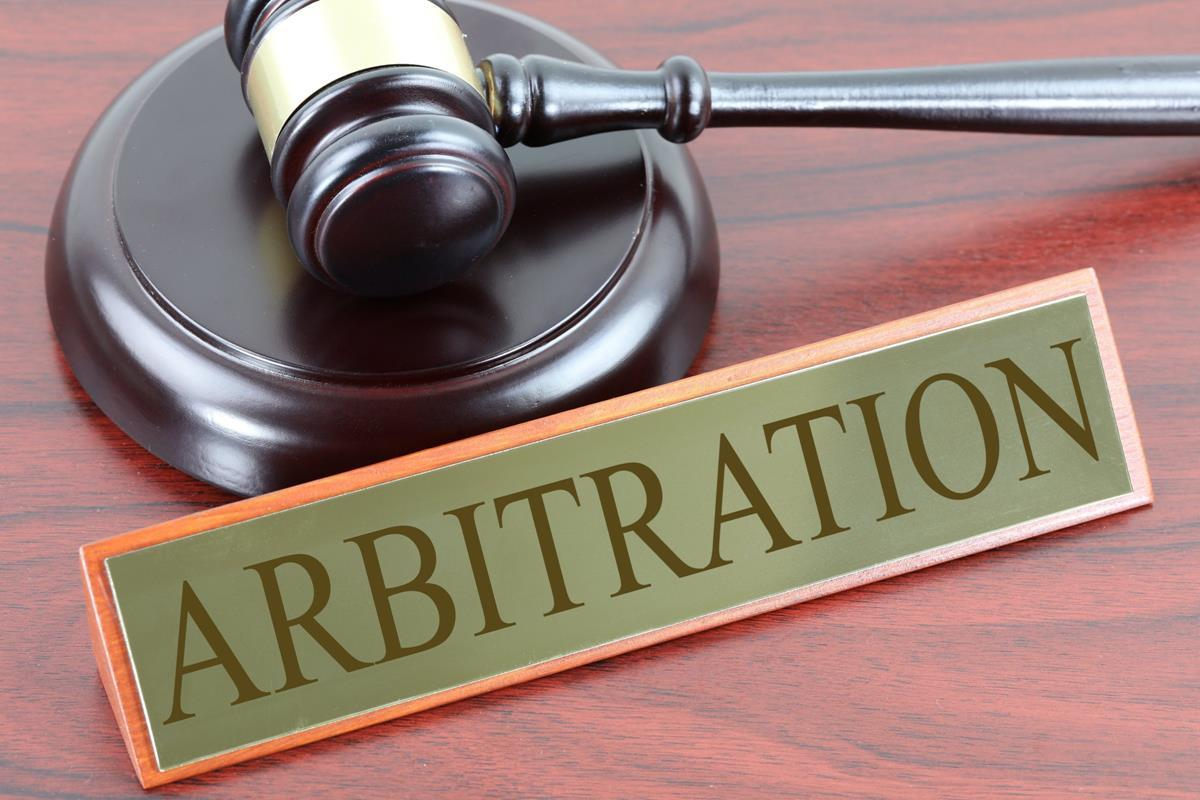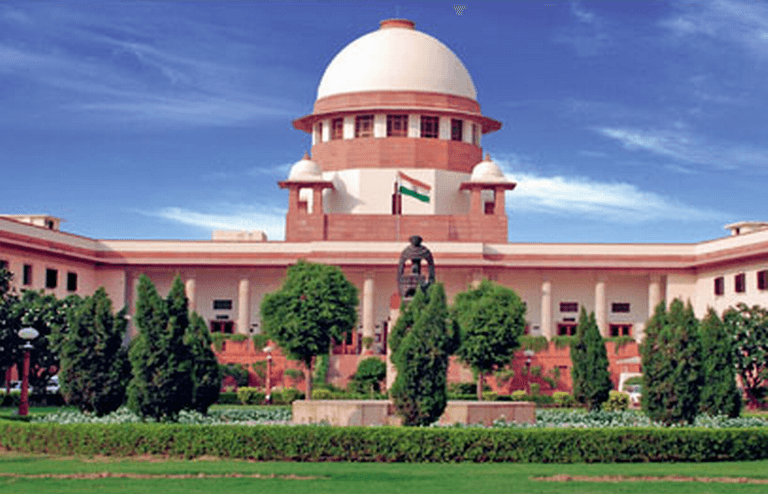Court fees on Mandatory Injunction

Shubham Budhiraja [1] A filed a suit against B seeking mandatory injunction and mense profits. B filed O 7 R 11 seeking dismissal of suit for deficient court fees because for jurisdiction, the plaintiff valued at 2.5 crore but for court fees valued at Rs.250. The Delhi High court held that dual approach is not allowed. Once relief is valued as per suit valuation act then court fees has to be paid on it [2] . (I) Though it is in the discretion of the plaintiff to value his suit as per his bona fide belief and discretion, but once he has valued his suit in terms of Section 8 of the Suit Valuation Act, the court fee shall become payable on the same amount in terms of Section 7 of the Court Fees Act. (II) The plaintiff cannot adopt a dual policy of valuing his suit at a certain value fo...






